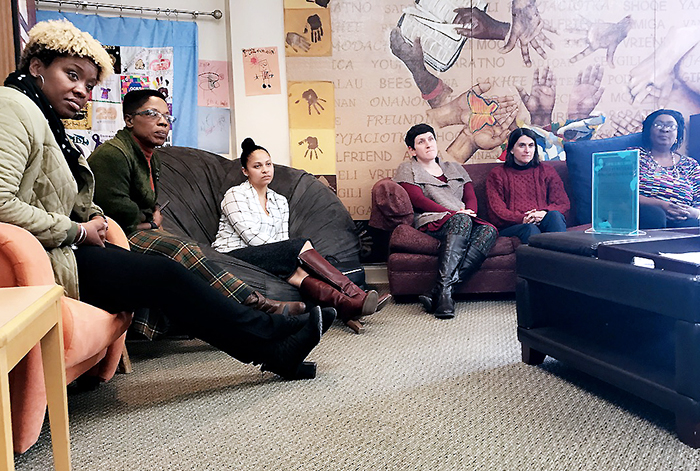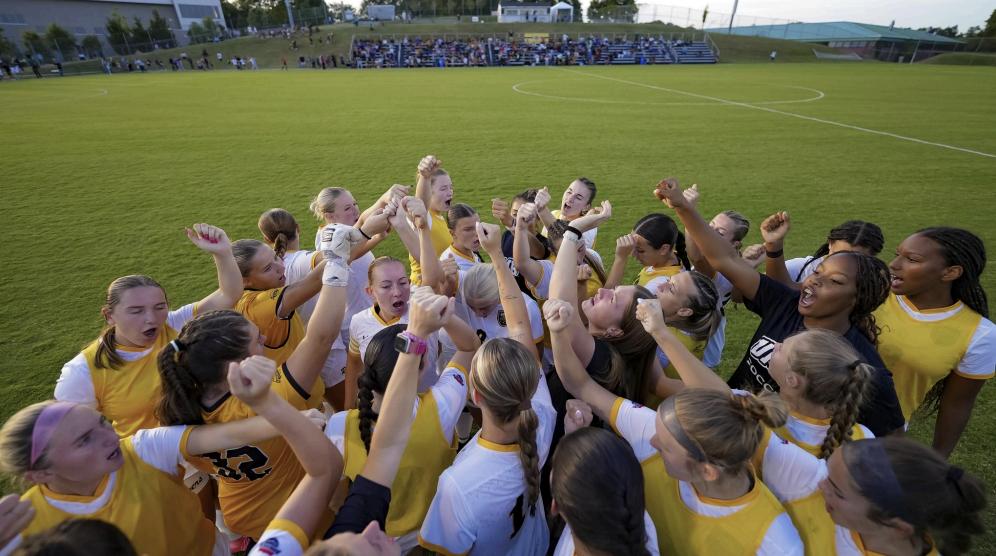In compliance with state and federal requirements, UMBC is administering an annual campus climate survey on sexual assault and misconduct that is open to all students between Feb. 28 and March 16.
During the three week period, the survey will collect data from the approximately 13,000 undergraduates, graduates, and professionals aged 18 or older that make up the UMBC student body. The Maryland Higher Education Commission (MHEC), its leading state sponsor, has expressed that the information received from the survey can be critical to “tailoring sexual violence prevention education programming and expanding the scope of institutional responsibility for reporting incidents of sexual violence on campus.”
The survey was first introduced by the White House Task Force in 2014 as part of a large-scale initiative to address the problem of sexual assault on college campuses. Under House Bill 571 and Chapter 436 of the Acts of 2015, all Maryland colleges and universities are required to “develop an appropriate sexual assault campus climate survey, using nationally recognized best practices for research and climate surveys” in the hopes of understanding the scope and nature of sexual violence on campuses for future sexual violence prevention education and improvement.
As of today, sexual assault remains one of the most widely under-reported crimes in the U.S. According to the National Violence Resource Center, nearly 1 in 5 women and 1 in 16 men are sexually assaulted during college, and 90 percent of victims do not report the assault. With the recent media attention that has been brought to sexual assault investigations, including the 2015 Stanford rape case and recent accusations against Hollywood executive Harvey Weinstein, some newspapers have even taken to describing sexual assault as an “epidemic” in America. This has forced a national discourse on the attitudes about, behaviors towards, and preventative measures against sexual violence.
Since the inception of the survey in 2015, the responses to UMBC’s sexual assault climate in previous years has generally been positive. According to the 2016 Climate Survey results, 76 percent of respondents believed that UMBC would “take the report or sexual assault seriously,” 79 percent believed that UMBC would forward a report of sexual violence to police (given permission from the accuser), and 62 percent believed that UMBC would handle the report of sexual violence or sexual assault “fairly.” While the responses were not a completely accurate representation of the whole student population (with white females being the majority of respondents in the study), they indicated that a decent majority of students were likely to have faith in the legal process of UMBC.
The comparison to other Maryland institutions tells a more detailed story. While a findings summary on the MHEC site declared that “the vast majority of students attending Maryland’s colleges and universities feel valued, respected, and safe,” aggregated incident data of all Maryland public colleges and universities showed that of the approximately 803 reported incidents, just 32 percent of incidents were reported in the first 24 hours, while 68 percent of incidents were reported within the span of the semester or longer.
In response to these results, the MHEC said that while a student’s chances of being a victim of sexual assault are “very low,” “institutions are tailoring their responses to the findings of the survey to meet the unique needs of their campus communities.”
The MHEC’s website also says that “plans are underway and practices are already in place at Maryland’s institutions to continue improvements to the incident reporting process,” and that “improving the campus climate around sexual assault is a more complex task requiring a longer time horizon.”
It adds, “Moving forward, campus climate surveys will be central to an improved understanding of the campus community and its needs… [this goal] also relies on student trust and confidence that the systems in place will support them through a difficult and traumatic process.”
For more information about the survey and the free resources available to UMBC students, you can go to https://humanrelations.umbc.edu/campus-climate-survey-on-sexual-misconduct/.

